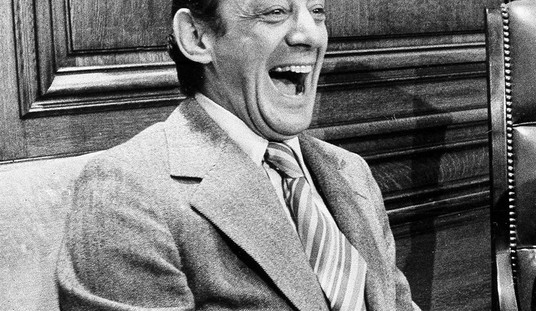Christopher Hitchens asks whether recent unrest in Iran has been fueled, at least in part, by the fall of Saddam in 2003. He writes in Slate:
The most exciting and underreported news of the past few weeks in Iran has been that the emerging challenger to the increasingly frantic and isolated “Supreme Leader” Ayatollah Ali Khamenei is former President Ali Akbar Hashemi Rafsanjani. And Rafsanjani has recently made a visit to the city of Najaf in Iraq to confer with Ayatollah Ali Husaini Sistani, a long-standing opponent of the Khamenei doctrines …
It is this dialectic between Iraqi and Iranian Shiites that underlies the flabbergasting statement issued from Qum last weekend to the effect that the Ahmadinejad government has no claim to be the representative of the Iranian people. One of the apparent paradoxes involved in visiting Iran is this: If you want to find deep-rooted opposition to the clerical autocracy, you must make a trip to the holy cities of Mashad and Qum.
Among the more surprising members of the anti-Khomeini opposition is the late ayatollah’s grandson Sayeed Khomeini, a relatively junior cleric in Qum about whom I have also written before. … Which brings me to a question that I think deserves to be asked: Did the overthrow of the Saddam Hussein regime, and the subsequent holding of competitive elections in which many rival Iraqi Shiite parties took part, have any germinal influence on the astonishing events in Iran? Certainly when I interviewed Sayeed Khomeini in Qum some years ago, where he spoke openly about “the liberation of Iraq,” he seemed to hope and believe that the example would spread. One swallow does not make a summer. But consider this: Many Iranians go as religious pilgrims to the holy sites of Najaf and Kerbala in southern Iraq.
An Australian general officer who recently served in Iraq remarked at a dinner address I attended that all he expected OIF to achieve was to ‘restart the clock of history which had been stopped by Saddam Hussein’. He did not imagine that Iraq would automatically be pro-Western, but he did expect that it would find its own destiny. Certainly this implies, as Christopher Hitchen’s article suggested, that opposition to the current regime in Iran would not necessarily resemble an American political party. But to the question of whether OIF helped restart the clock of history in Iran, I think the probable answer is yes. The connections between the Iraq’s Shi’ite South and Iran run too strong and deep for there to have been no effect.
But there is an implicit tragedy in Hitchen’s analysis. His article does not follow the argument far enough. If he is right, the overriding goal of Iranian diplomacy must of necessity be the strangulation of a rival power center south of the border. If Hitchens is right about Iraq precipitating much of the unrest against Teheran, then it follows that Teheran will want to clamp down in Iraq. And it also follows that if Barack Obama is truly attempting a “grand bargain” with Iran in exchange for an “exit” from Iraq, then Teheran will surely want him to neuter Shi’ite dissidents in Iraq. Unless Iraq is dampened, then Teheran will fear regime change from that quarter and Obama has already forsworn that. Whether Obama will accede to the pressure remains to be seen. The clock of history may have restarted, but Iran will try to persuade Washington to let it wind down. It may however be the case that the Shi’ite resurgence in Iraq is already irreversible; in which case, as Michael Ledeen says, the storm is still ahead.










Join the conversation as a VIP Member